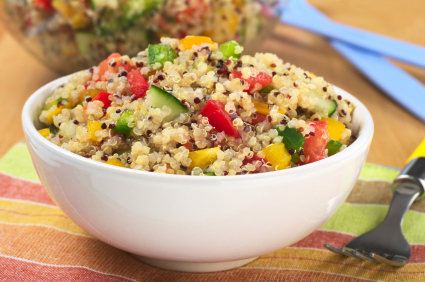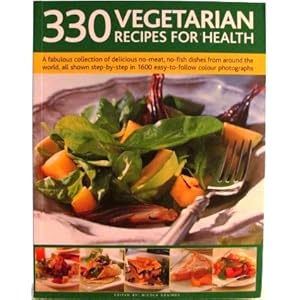 Celebrities have some kind of power over the consumer markets and tend to influence the decisions people make. Katy Perry is noted for her "cute, girly, vintage" style, and next thing you know, every teenaged girl is sporting the same style. Jessica Biel is seen practising yoga on the beach, and the relaxing meditation method becomes the "hottest" exercise.
Celebrities have some kind of power over the consumer markets and tend to influence the decisions people make. Katy Perry is noted for her "cute, girly, vintage" style, and next thing you know, every teenaged girl is sporting the same style. Jessica Biel is seen practising yoga on the beach, and the relaxing meditation method becomes the "hottest" exercise.You get the point, celebrities do something, and we mimic it.
Becoming vegetarian is one of those things that celebrities do and the public expresses an interest. We have a strange inclination to follow the choices made by our favourite celebs. It's almost as though they promote these trends, such as becoming vegetarian, just by doing it.
Celebrities have the ability to bring issues into the spotlight and generate public discussion. When we hear that a well-known celebrity has recently adopted a vegetarian lifestyle we wonder why and we want to know more about their decision.
This interest leads to increased focus on vegetarianism and oftentimes leads to some celeb fans making the decision to adopt this lifestyle for themselves.

Here is a list of just a few celebrity vegetarians:
Pamela Anderson
Russell Brand
Ellen DeGeneres
Paul McCartney
Ozzy Osbourne
Natalie Portman
Prince
Alicia Silverstone











